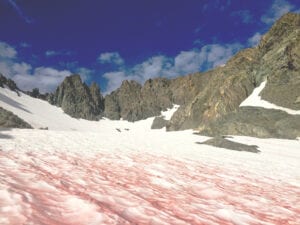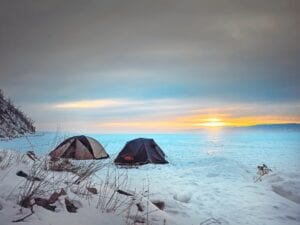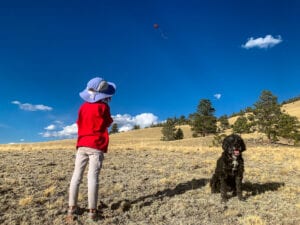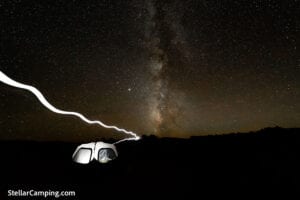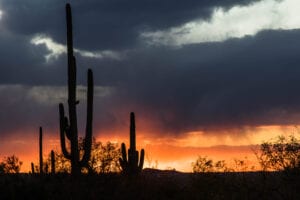Camping safety for kids
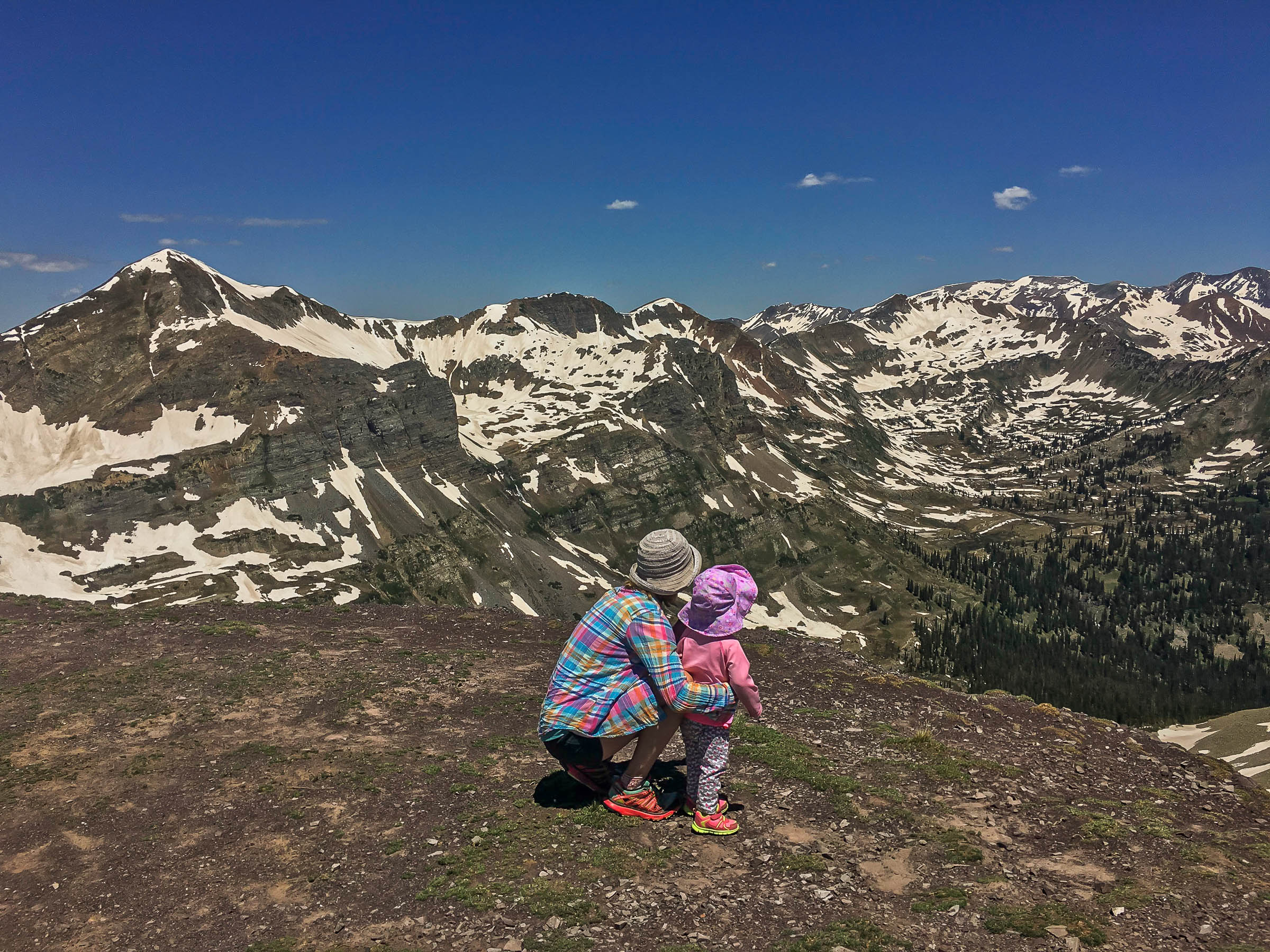
When you arrive at your campsite, scope it out for dangers—think cliffs, water bodies, roads, and areas with poison ivy. Small children may need constant minding if these hazards are near your campsite, so it’s better to select a site that’s safe. Babies and toddlers also need to be watched to make sure they don’t pick up or consume dangerous items like broken glass, sharp rocks, or insect repellants. A playyard can help eliminate those hazards. Be mindful of guidance for preventing SIDS when planning sleeping arrangements for babies.
For older kids, set rules governing where they can and can’t go, and what they can and can’t do. If you’re camping near other folks, remind your kids never to enter other campsites without a trusted adult, not to visit bathrooms or showers alone, and not to get into strangers’ cars. If you have more than one kid, get them to use the buddy system when venturing beyond your site.
Consider giving kids a whistle to wear around their necks and tell them to blow it three times (the international distress call) if they get lost or need help. Glow sticks are both fun for kids and helpful for keeping track of them after dark when worn as a necklace. Otherwise, supply your kid with a headlamp or flashlight.
Fire safety is critical. Depending on age, appropriate fire rules may include keeping a certain distance from the fire (it may help to draw a circle) and prohibiting kids from putting anything into the fire.
Instruct your kids that wild berries are not safe for eating (unless they can be trusted to recognize familiar berries like raspberries and blueberries), nor are mushrooms or nuts. Educate your kids about poison ivy, poison oak, and the like. Show them photos of those plants before your trip. Remind kids to keep their hands out of holes where animals may live and tell them to steer well clear of all wild animals.
Establish a rule that kids may not get into water bodies without an adult present. Make sure your kids know that water from lakes, streams, and the like must be treated to be safe for drinking. Kids also need to know that it’s important to wash hands before eating or drinking, and anytime after peeing or pooping.
Bring sturdy shoes, and make sure kids don’t wander around barefoot or with flip-flops.
Consider buying a first-aid book written for kids, like this or this.


